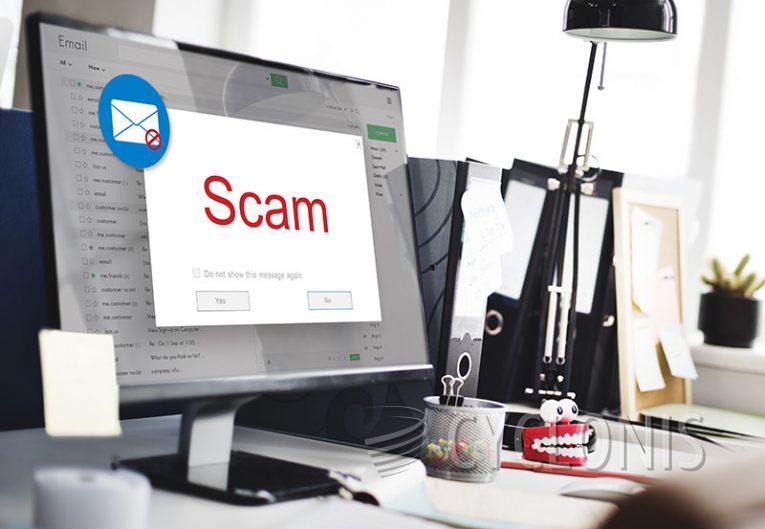Protected Message Email Scam

Upon reviewing the email labeled as "Protected Message," it was determined to be spam with the intent of deceiving users into providing their login credentials on a phishing website. The email claims that the recipient has received an encryption-protected message, with the subject line "You have new message From Ji Hyun Kang Today 2/7/2024 6:19:26 a.m." The inclusion of Microsoft's name in the spam aims to create a false sense of legitimacy.
It is crucial to emphasize that the information presented in the email is untrue, and this communication is not affiliated with Microsoft's products/services or any other legitimate entities.
Clicking on the "Read the message" button leads to a redirect to a phishing website cleverly disguised as an email sign-in page. Any login credentials, specifically passwords, entered on this site are recorded and transmitted to cybercriminals. It is important to note that through a compromised email, unauthorized access can be gained to accounts and platforms linked to it.
Expanding on potential misuse, scammers may steal the identities of social account owners, including emails, social networking, and messaging platforms. They may then use these stolen identities to request loans or donations, promote scams, and disseminate malware through sharing malicious links or files.
Additionally, compromised finance-related accounts, such as online banking, e-commerce, and digital wallets, may be exploited for fraudulent transactions and unauthorized online purchases. Furthermore, any sensitive or compromising content discovered on compromised data storage or similar platforms could be used for malicious purposes, including blackmail or other illicit activities.
How Can You Identify an Email Scam?
Identifying email scams is crucial for maintaining online security. Here are several indicators and tips to help you recognize email scams:
Sender's Email Address:
Check the sender's email address for authenticity. Scammers often use email addresses that may appear slightly altered or mimic legitimate addresses.
Be wary of email addresses that use generic names or unfamiliar domains.
Unsolicited Emails:
Be cautious of unsolicited emails, especially those claiming you've won a prize, inherited money, or received an unexpected refund. Legitimate organizations usually don't reach out to you in this manner.
Spelling and Grammar:
Pay attention to the language used in the email. Many scams originate from non-professional sources and may contain spelling and grammar mistakes.
Generic Greetings:
Scam emails often use generic greetings like "Dear User" or "Dear Customer" instead of addressing you by your name. Legitimate organizations typically personalize their communications.
Urgency and Threats:
Scammers create a sense of urgency or use threats to pressure recipients into taking immediate action. Be skeptical of emails that claim your account will be suspended unless you act urgently.
Unexpected Attachments or Links:
Avoid opening unexpected attachments or clicking on links in emails, especially if the email is from an unknown sender. These could contain malware or lead to phishing websites.
Check the URL:
Hover over links without clicking to see the actual URL. Ensure it matches the legitimate website and is not a disguised link leading to a phishing site.
Requests for Personal Information:
Legitimate organizations typically do not request sensitive information like passwords, credit card details, or Social Security numbers via email. Be cautious if an email asks for such information.
Staying vigilant and following these guidelines can significantly reduce the risk of falling victim to email scams. If you receive an email that raises suspicions, it's better to verify its legitimacy through official channels before taking any actions.








